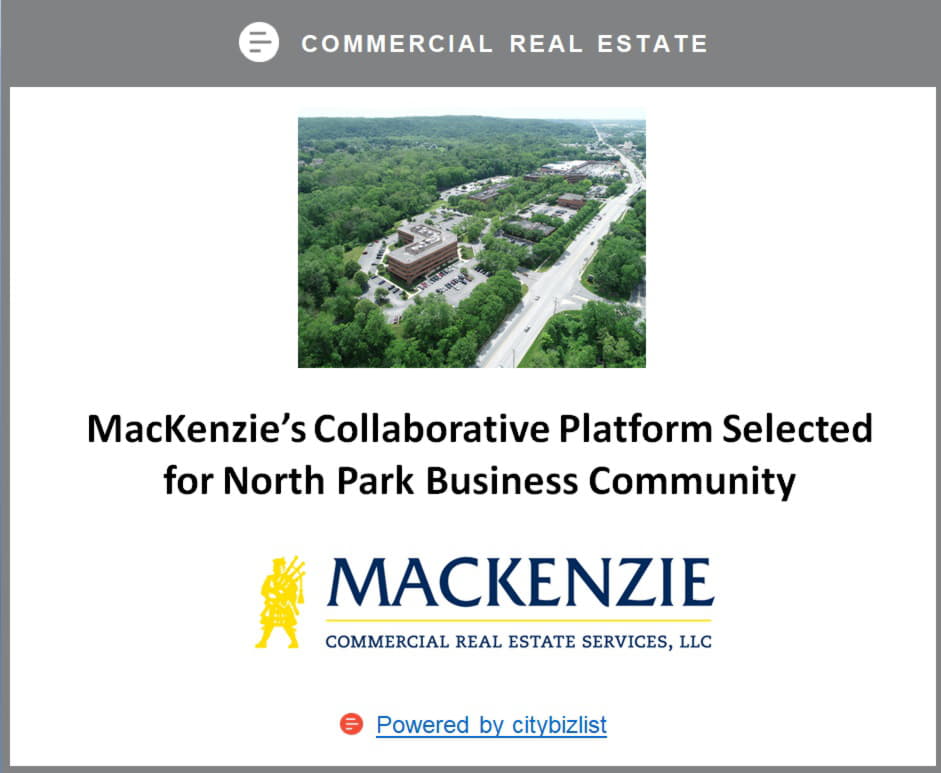
Senior care providers and geriatric medical professionals are equipped to deal with seniors who are aging, experiencing exacerbated health problems and in need of assistive services, but do they have the expertise or tools to help seniors who have developed or are combating addiction? Do they even recognize that addiction might be the problem, and do they know what signs to look for? For some of these seniors, addiction is a new problem, not something they ever dealt with in their youth. The team at Enterhealth, the preeminent Dallas-based drug and alcohol addiction treatment company with both residential and outpatient services, has noticed a steady increase in the number of older adults seeking help for addiction.
Addiction in post-retirement stems from two main causes – seniors are getting addicted to opioid-based pain medication, which is being prescribed leniently, or seniors using alcohol or other drugs to combat psychological problems such as depression or anxiety, which could stem from feeling a loss of purposefulness, loneliness or other life stressors that come with aging and retirement. Startling statistics are surfacing as more and more doctors, families and senior care providers are realizing that post-retirement addiction is a potentially dangerous trend. According to The National Council on Alcoholism and Drug Dependence Inc., 2.5 million older adults are living with an alcohol or drug problem. In regards to alcohol addiction, widowers over the age of 75 have the highest rate of alcoholism in the United States, and nearly 50 percent of residents living in skilled nursing are fighting alcohol-related problems – with older adults requiring hospitalization for alcohol-related problems as often as for heart attacks. What’s truly startling is that nearly 17 million prescriptions for tranquilizers are being prescribed for older adults each year. Benzodiazepines, a family of tranquilizing drugs commonly prescribed for anxiety, are the most commonly misused and abused prescription medications.
“Alcohol and drug abuse is a somewhat hidden problem in the eldercare arena, as many caregivers and medical professionals fail to recognize the symptoms for what they really are,” said Scott Trout, executive vice president and chief operating officer of Enterhealth. “Memory problems, confusion, dizziness, an unsteady gate, tremors and other symptoms of alcohol or drug abuse are frequently misdiagnosed by medical professionals who think they are looking at signs of dementia or other age-related medical issues. As a result, many of the older adults who need help with substance abuse do not receive the treatment or advice they really need. Daunting information published by the Centers for Disease Control and Prevention says that nearly 5,900 Americans age 50 or older fatally overdosed on opioid-based pain medication in 2014 – that’s nearly an eleven fold increase since 1999. The opioid epidemic is an imminent problem for elders which we need to be equipped to address in coming years. What’s tragic is that depending on the level of dependence, some addiction treatment facilities won’t take older adults due to the complexities involved in detox and treatment at that age.”
The full-time, board-certified medical team at Enterhealth Ranch and Enterhealth Outpatient of Excellence, as well as its overall medical approach to recovery, enables them to uniquely address the diagnostic and treatment challenges of older adults. In addition, Enterhealth specializes in treating individuals with co-occurring psychiatric disorders, including depression, anxiety, mania, bipolar disorder or psychosis. Treating these issues simultaneously leads to much improved patient outcomes. When treating addiction in seniors, it can be difficult to determine which issues are substance induced or whether they are pre-existing.
“At Enterhealth, we understand that many times addiction stems from another underlying problem which the patient is trying to cope with by using the substance to numb feelings or go to a happier place,” said Trout. “As seniors age, they may feel like they have lost their sense of purpose, they might experience feelings of loneliness, boredom, anxiety caused by poor health, isolation or depression after the death of a spouse or child. Poor health can stem from a variety of issues, such as high blood pressure, chronic illness, diabetes, reduced organ function and a host of other factors. The problem is that when you combine these kinds of health conditions or psychological issues with an active addiction, it makes treating that individual a complicated and risky venture. We call this a dual-diagnosis – working to determine what the patient is addicted to and what psychological problems may have induced this need to cope with life’s stresses, and we use a medical approach to treat both.”
It is difficult to find addiction treatment centers that are well-suited to help older adults get the treatment they need to free themselves of addiction to drugs or alcohol because older adults have such unique and challenging issues surrounding drug or alcohol addiction. At Enterhealth, treatment for any addiction patient always begins with a comprehensive medical and psychological drug and alcohol addiction assessment. These assessments include personality and neurocognitive testing, a psychiatric diagnostic evaluation, an addiction severity assessment and an addiction-related quality of life assessment – all designed to determine the most important areas of clinical concern for that individual patient. The patient’s progress should then be regularly monitored and treatment coordinated by the entire medical, psychological and therapeutic team. Every drug and alcohol detox needs to be closely supervised by addiction-trained medical experts, with withdrawal symptoms and vital signs carefully monitored and managed.
“In addition to detox and education, patients undergo intensive one-on-one therapy, in-depth family and/or couples therapy, trauma resolution, pain/anxiety management, neurological testing and treatment, cognitive behavior therapy and spiritual/faith-based classes,” said Trout. “Regardless of age, recovery is a life-long process, not a short-term cure, and should include education about the disease and the development of coping skills to handle life’s challenges.”









